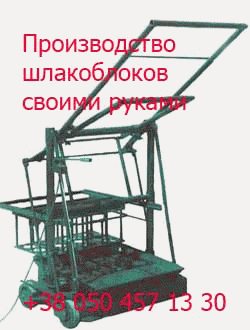Magnetic pigments with very different morphological and magnetic properties that depend on the field of application and quality of the recording medium are used. The largest particles (length ca. 0.6 pm) are used in computer tapes. The noise level of the magnetic tape decreases with decreasing particle size. Fine pigments are therefore being used increasingly for better quality compact cassettes. The magnetic properties may be determined by measurement ofhysteresis curves on the powder or magnetic tapes.
Table 5.1 shows some quality requirements for the most important applications of magnetic pigments. Column 4 gives the coercive field strength (Hc) required for information storage materials. The coercive field is the magnetic field required to demagnetize the sample.
The saturation magnetization Ms is a specific constant for the material. For magnetic iron oxides Ms is principally determined by the Fe2+ ion content. The ratio of remanent magnetization to saturation magnetization (Mr/Ms) for the tape depends mainly on the orientation of the pigment needles with respect to the longitudinal direction of the tape, and should approach the theoretical maximum value of unity as closely as possible. In Figure 5.1, transmission electron micrographs are shown giving the morphology of the magnetic pigments listed in Table 5.1.
Apart from the morphological and magnetic properties, usual pigment properties such as pH value, tap density, soluble salt content, oil absorption, dispersibility, and chemical stability are ofgreat importance for the manufacture ofmagnetic recording materials.
Producers of magnetic iron oxides include Toda Kogyo and Titan Kogyo (Japan), 3M, Magnox, ISK Magnetics (USA), Saehan Media (South Korea), and Herdilla (India). World production of cobalt-free magnetic iron oxides in 2002 was ca. 10,000 t, of which ca. 96% were used in compact cassettes and audiotapes, and ca. 4% in computer tapes.
|
Tab. 5.1: Some quality requirements for iron oxide and metallic iron magnetic pigments.
*R-DAT: rotary digital audio tape. |
5.1.2
 12 декабря, 2015
12 декабря, 2015  Pokraskin
Pokraskin  Опубликовано в рубрике
Опубликовано в рубрике 